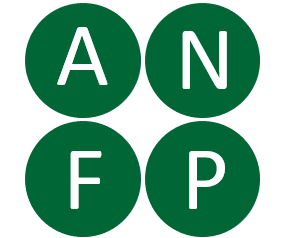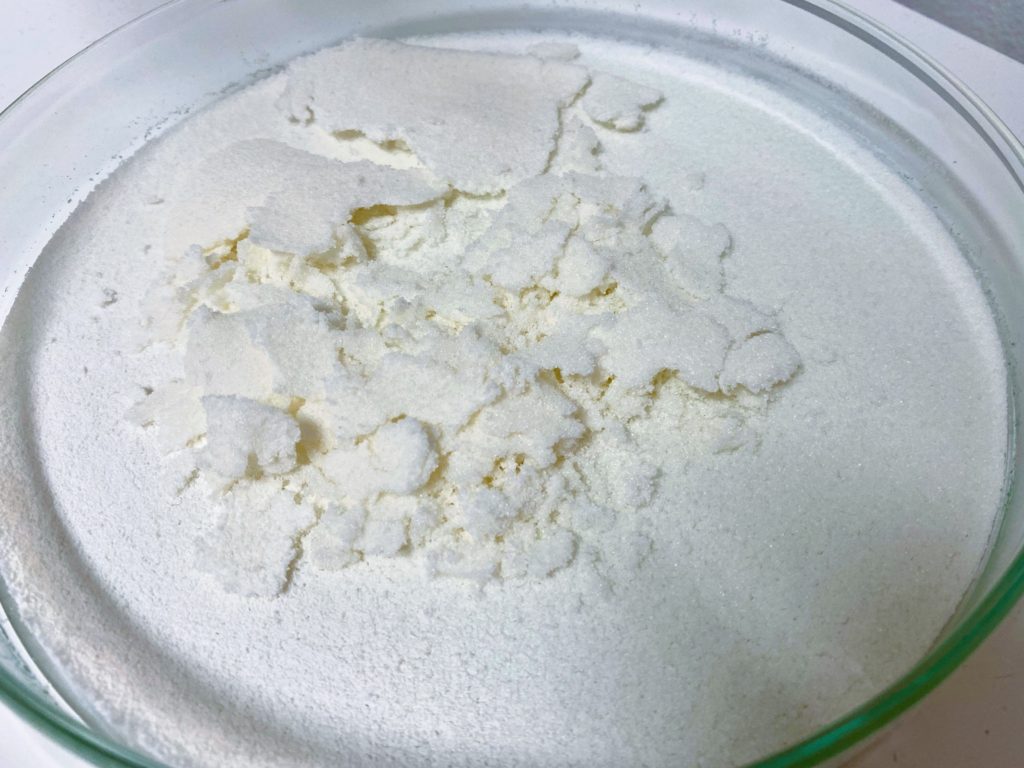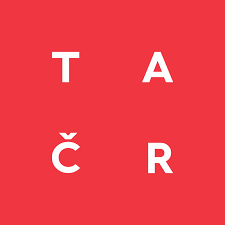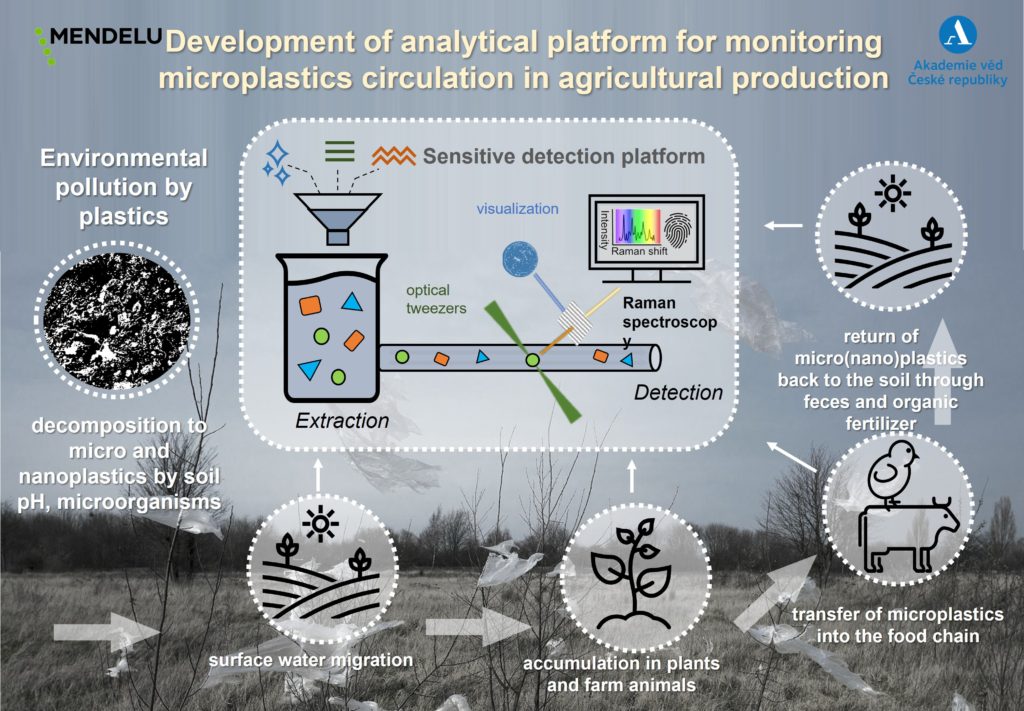Is a new generation of mycotoxin clay adsorbents safe in a pig’s diet?
by Pavel Horky, Pavel Nevrkla, Tomas Kopec, Iqra Bano, Misa Skoric, Jiri Skladanka, Sylvie Skalickova

Abstract
Background
Bentonites, as a clay mineral, serve in pig farms as adsorbents of toxic substances. They are mainly used to reduce the negative impact of mycotoxins to maintain the performance and health status of animals. The new genotypes of pigs are highly sensitive to a range of antinutrients, including mycotoxins. Currently, attention is focused on more effective adsorbents of mycotoxins with a higher adsorption capacity. Such materials are in great demand among feed manufacturers. However, there is a concern that these new materials may also adsorb too many essential nutrients and decrease animal performance. The aim of the experiment was to evaluate the effect of the new generation of purified bentonites on the efficiency and health status of the pigs.
Results
Forty-eight slaughtered pigs with an average weight of 31.2 ± 2.6 kg were included in the experiment. The pigs were divided into two groups (2 × 24 pigs). Pigs were slaughtered at an average weight of 66.3 ± 5.2. The first group had a diet without clay (control—C). The second group (treatment—T) was fed a diet with a clay additive (purified bentonite) of 1.5 kg/t. Animals were fed the experimental diet for 35 days. In group T, a higher daily weight gain (by 4.8%) and feed intake (by 2.9%) was observed while the feed conversion decreased by 1.9%. There were no significant differences between the groups of pigs during observation in the evaluation of hematological, biochemical parameters of the blood. Morpho-pathological analysis of the jejunum showed similar signs of moderate lymphoplasmacytic infiltrate in the mucosa in the groups C and T, contained similar number of goblet cells.




